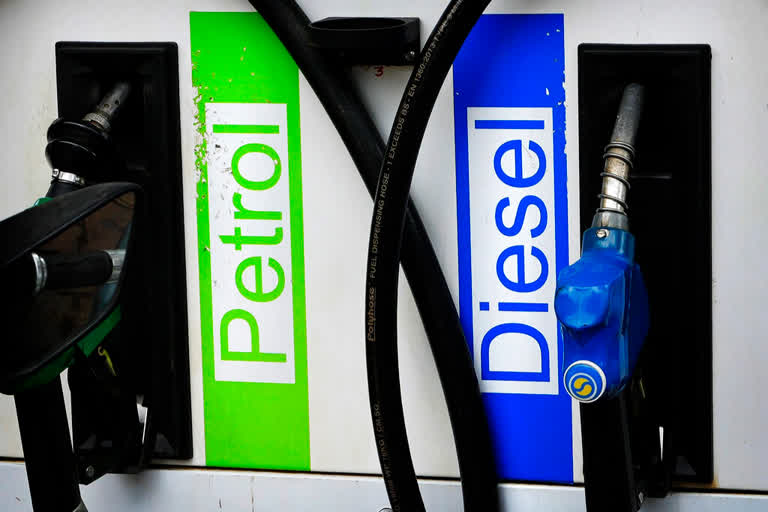New Delhi: While the world is focused on the Ukraine conflict and another emerging hotspot in Taiwan, a very practical and well-thought-out multi-modal transit corridor has been laid that connects St Petersburg on the Baltic Sea in Russia to the Jawaharlal Nehru Port Trust or JLN Port (also known as Nhava Sheva Port) near Mumbai on the Arabian Sea coast. What this trade route could do is to give a huge fillip to the stunningly growing trade between India and Russia especially in fossil fuels like crude oil, LNG and other oil-based products. India is the third-biggest oil-importing and consuming country in the world after the US and China.
ETV Bharat had first written about the new route being tried out on Monday (June 11). From a mere 2% in February, capitalizing on deep discounts on offer, India has already increased its import of Russian oil by ten-fold with Russian crude now meeting 20% of India’s requirement.
Latest numbers show that Russia has become the second-biggest supplier of oil to India after pushing Saudi Arabia to the third spot. Iraq still remains India’s biggest supplier of oil. With growing energy requirements, the energy trade will only grow. Called the International North South Transport Corridor (INSTC), the new route traverses 7,200 km of sea, rail and road links, making it the shortest and the cheapest route possible that links India to Europe and avoiding trouble spots like Afghanistan and in Central and West Asia.
Also read: 14th BRICS summit to be held on Jun 23 in Beijing
The trade route has already been successfully tested by the state-owned Islamic Republic of Iran Shipping Lines Group (IRISL) in coordination with its regional branches in Russia and India. Conducted as a pilot project, the test run that began in St Petersburg involved transporting a Russian 41-ton cargo comprising two 40-foot containers containing wood laminate to Mumbai’s JLN Port through Iran. Notably, St Petersburg is home to many of Russia’s biggest state-owned energy companies like Gazprom and is located near the point of origin of major Russian gas pipelines including the Nordic Stream 1 and 2. A major trade and industrial centre, St Petersburg has three large cargo seaports.
On the other hand, JLN Port is the largest container port in India. Such a transit trade corridor will help India avoid US imposed sanctions against Russia because crude oil and LNG sent directly from a Russian port to an Indian one and paid in non-dollar currency would technically skirt the sanctions. Goods from St Petersburg to Mumbai will now take just 25 days in place of the traditional 40-day-long 8,675 nautical mile circuitous sea route that begins from St Petersburg, proceeds to Rotterdam port in Netherlands, and then taking the Suez Canal to reach India.
The new route will begin at St Petersburg, travel across western Russia to the Caspian seaport of Astrakhan. Here, it will cross the length of the Caspian Sea on ships to reach the north Iranian port of Anzali. From Anzali, the route takes the highway to the south Iranian port of Bandar Abbas on the Persian Gulf, from where a sea route connects to the JLN Port.


